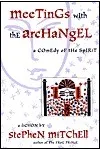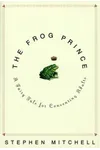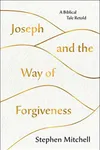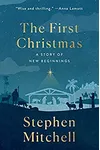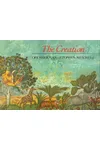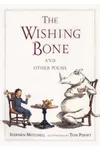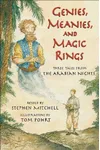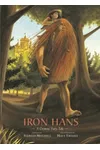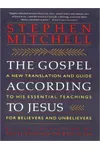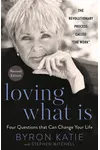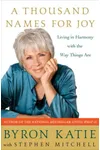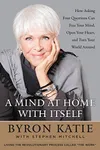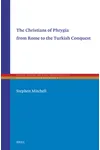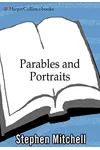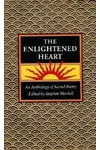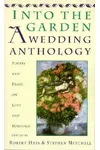Picture a Brooklyn-born poet who turned ancient wisdom into modern magic—meet Stephen Mitchell! A master translator and author, Mitchell has spent decades weaving timeless texts like the Tao Te Ching and Rilke’s poetry into accessible, soul-stirring works. With a knack for blending Zen clarity with literary finesse, his books have captivated readers worldwide, inviting them to explore life’s deepest questions with a light, curious heart.
The Making of Stephen Mitchell
Born in Brooklyn, New York, in 1943, Stephen Mitchell grew up in a Jewish family with a love for ideas. He studied at Amherst College, the Sorbonne, and Yale, but it was his immersion in Zen Buddhism that truly shaped his path. Training under Zen masters Seungsahn and Robert Baker Aitken, Mitchell found a lens of clarity that would define his work. His journey from scholar to translator began with a passion for making complex spiritual texts resonate with modern readers, a mission that launched a prolific career.
Stephen Mitchell’s Unforgettable Works
Mitchell’s translations are like bridges between ancient wisdom and today’s world. His 1988 rendition of the Tao Te Ching became a literary sensation, selling over a million copies with its lucid, poetic take on Lao-tzu’s philosophy. His translation of Rainer Maria Rilke’s The Selected Poetry of Rainer Maria Rilke captures the poet’s ecstatic intensity, earning praise as a definitive English version. Mitchell’s Gilgamesh breathes new life into the ancient epic, while his collaboration with Byron Katie on Loving What Is introduces her self-inquiry method, “The Work,” to a global audience. His style—clear, reverent, yet playfully irreverent—makes dense texts feel like conversations with a wise friend.
Whether tackling the Bhagavad Gita or The Book of Job, Mitchell avoids academic stiffness, infusing each work with a living, breathing quality. His original poetry, like Parables and Portraits, and his children’s book The Nightingale, show a whimsical side, proving his versatility. Mitchell’s ability to harmonize inner depth with outer accessibility sets him apart, making his translations both scholarly and soulful.
Why Stephen Mitchell Matters
Stephen Mitchell’s impact lies in his gift for democratizing wisdom. By rendering ancient texts approachable, he’s invited countless readers to wrestle with life’s big questions—love, loss, and meaning—without dogma. His work has shaped spiritual literature, blending Eastern and Western traditions into a universal dialogue. From bookstores to meditation circles, Mitchell’s translations are touchstones for those seeking clarity in a chaotic world, proving that old stories can still light the way.
- Born: 1943, Brooklyn, New York
- Key Works: Tao Te Ching, Gilgamesh, The Selected Poetry of Rainer Maria Rilke, Loving What Is
- Awards: Harold Morton Landon Translation Award (twice)
Ready to dive into Stephen Mitchell’s world? Grab his Tao Te Ching or Loving What Is and let his clear, vibrant words spark your own journey of discovery!
